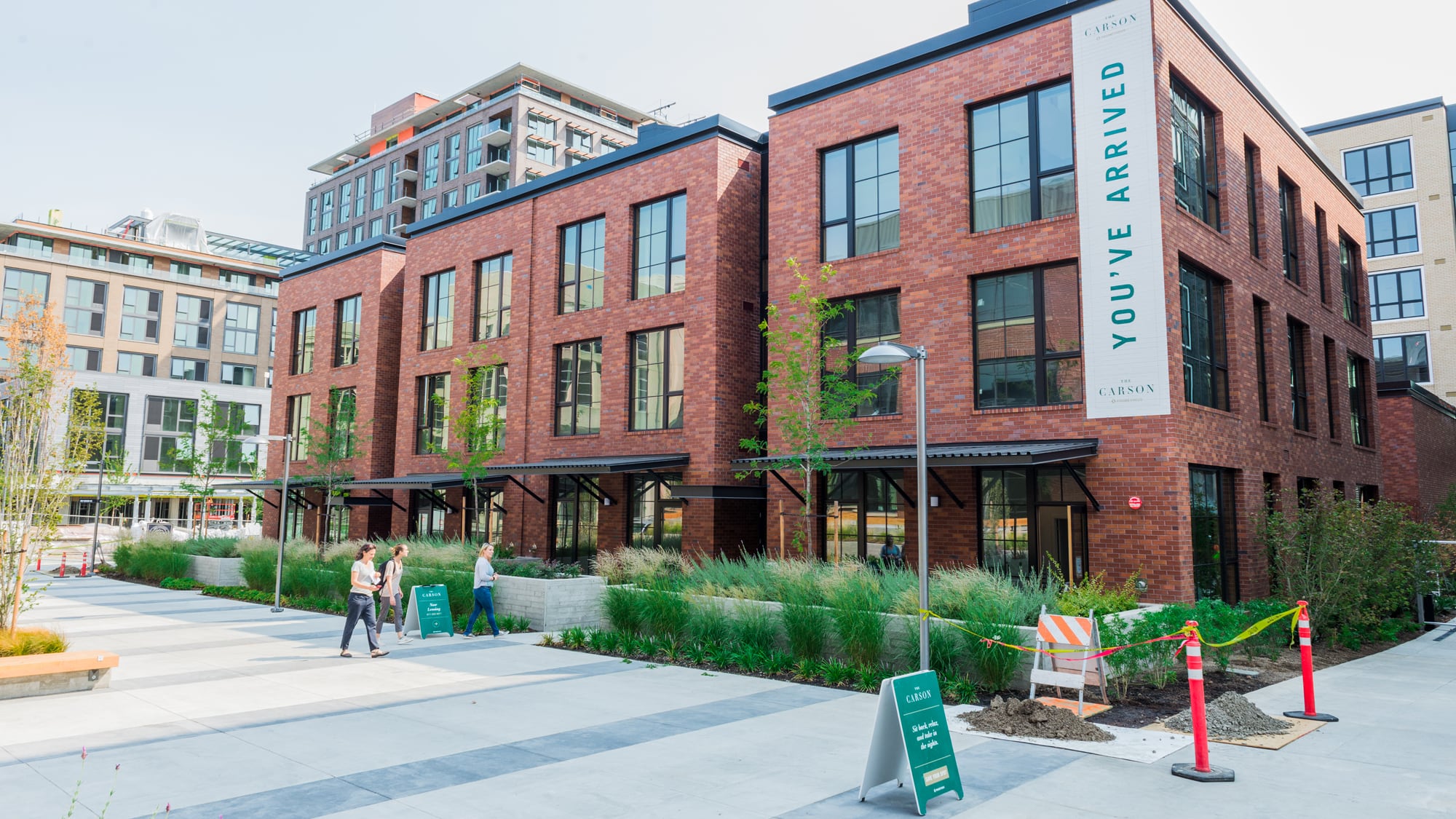The Disciples of Density say Portland's carbon emissions are decreasing, but I'm skeptical. Buildings are the biggest source of carbon emissions, yet our city just keeps approving more of these high-rise carbon bombs! Are they cooking the data?—Wheezing Nellie
You mock the Disciples of Density at your rhetorical peril, Nellie—by almost every measure, they beat the Sultans of Sprawl hands down. To understand why, let's consider the greenest city in America.
The greenest city's residents use just 90 gallons of gasoline per person per year, against a national average of 388. Eighty-two percent of its workers bike, walk or take public transit to work (Portland pats itself on the back for having recently cracked 30 percent). Its households use 57 percent less electricity than the typical U.S. home.
These things mean our mystery city's residents create only about 30 percent as much carbon as the average American. If everyone in the world—including the folks in the developing world who currently generate hardly any carbon—started living at this level tomorrow, world greenhouse emissions would fall by about 8 percent.
The name of this gleaming ecotopia? New York City. When it comes to saving the environment, density trumps everything (except, maybe, a really good plague).
See, as much as you and I might fantasize about blasting those high-rise carbon bombs with Marvin the Martian's disintegrator pistol, the real alternative to a 200-unit apartment block isn't a smoldering hole in the ground; it's 200 individual single-family homes.
Heating 200 small buildings is a lot less efficient than heating one big one. And because those buildings are spread out over a much larger area, we now have the problem of how to move people between them—a problem which many folks will solve using (hiss!) the private automobile.
Portland's overall emissions have been basically flat over the past 10 years—which is actually progress, given that we've added about 100,000 new residents in that time. There's still plenty of room for improvement, but increasing density will help.
Living like a New Yorker—even the kind who smokes cigars and never recycles—would probably outweigh every favor you've ever tried to do for the planet by double. Give up your car and move into a modestly sized apartment, and as far as I'm concerned, you can use all the plastic straws you want.

